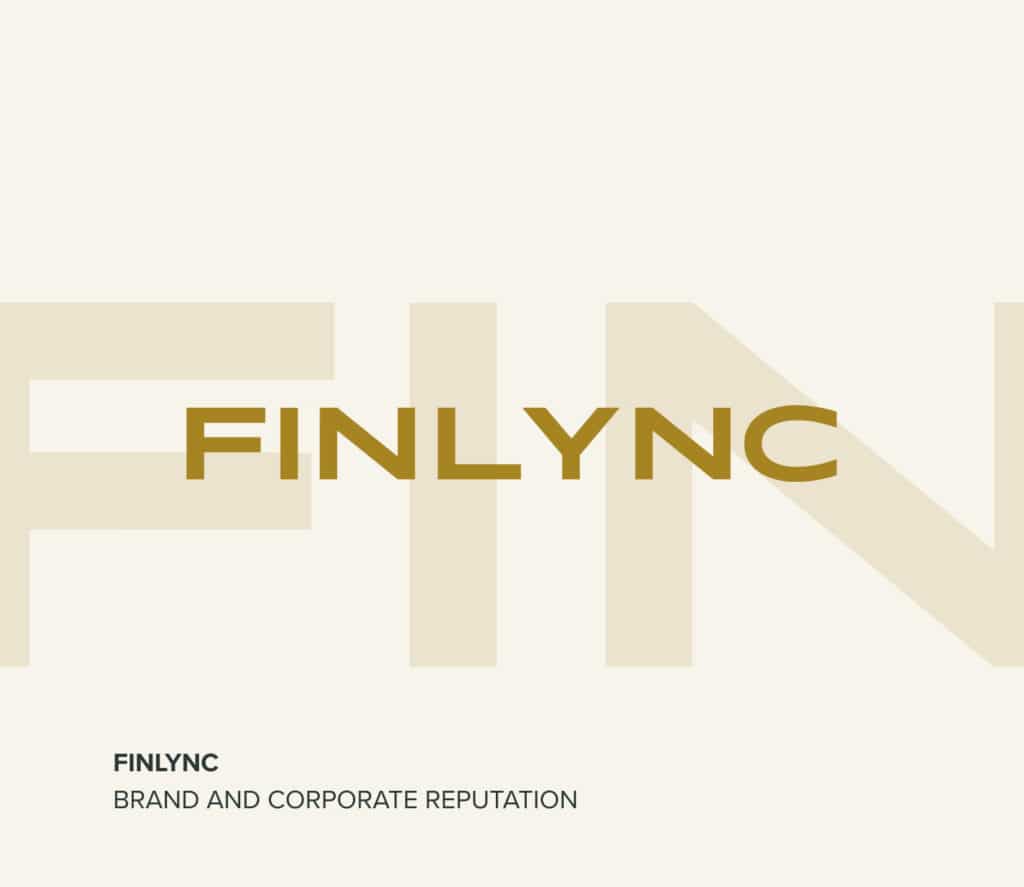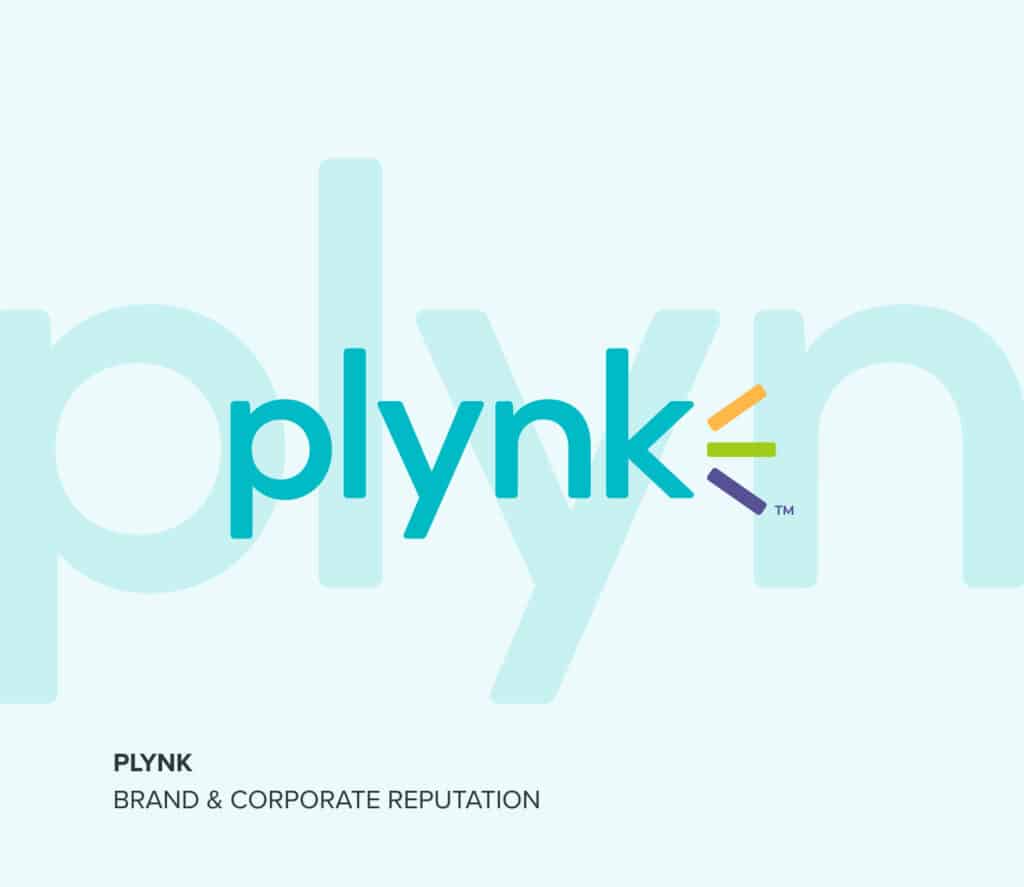The City had a major post-Brexit win earlier this month. Wise, the cross-border payments fintech formerly known as Transferwise, had a record-breaking entry into public markets.
It listed on the London Stock Exchange on 7th July with a valuation of over £8 billion ($11 billion) and saw shares immediately rally.
It is a welcome victory at a time when policymakers are eager to position London as an attractive home for top tech start-ups wanting to enter public markets. This is driven by a concern that the UK could lose its most innovative companies to other financial hubs, such as New York or Amsterdam, just after withdrawing from the European Union.
But this vision has been riddled with much anxiety, burned by some recent and very public false starts.
Shares in the hotly anticipated IPO of delivery platform Deliveroo tanked 30% on the first day of trading. There was a clear sense London couldn’t afford another failure like this, with more dazzling tech unicorns considering going public in the next eighteen months, such as Wise’s payment peers Checkout.com, WorldRemit and the popular ‘buy now, pay later’ behemoth Klarna.
So how did Wise do it, and what can London learn?
Wise’s stock market debut was groundbreaking on multiple fronts. Not only was it London’s largest tech listing, but it was its first direct listing. This is a model that is becoming increasingly popular in the US, first pioneered by Spotify but has been followed by Slack, Palantir and Coinbase. In this method, private investors sell their shares to the public, rather than issuing new shares as is the case in a conventional IPO. This avoids the need to shell out vast sums to investment banks and advisors to underwrite the listing and mitigates the risk of miscalculating share prices.
Russ Shaw, Founder of Tech London Advocates, summed up the merits of Wise’s approach:
“They’re bypassing what can often be a very expensive process to get through an IPO, and going direct to the market, direct to their customers, trying to cut out as many intermediary costs as possible.”
But it’s not just about cutting out those that take a cut to serve investors’ self-interested desire for greater returns. It reflects a wider societal value shift that has now permeated into the financial system. Investors increasingly value transparency, inclusivity and companies that leave the planet and society better off – and they are not afraid to vote with their feet and their wallets.
Indeed, Deliveroo’s IPO failure was just as much due to moral concerns over the rights and pay of its riders, as to questions over the company’s path to profitability (something Wise has been since 2017).
There is a real concern the FTSE100 is starting to look anachronistic – and worst yet a yardstick for British declinism post-Brexit – housing merchant banks, fossil fuel companies and other remnants of the Old Economy.
As Danny Calogero wrote last month, British Capitalism is at a crossroads and the London Stock Exchange is at the very heart of this. UK listing rules were evaluated under Jonathan Hill’s review, putting forward recommendations such as introducing a dual-class ownership structure, offering US-style preferential voting rights for tech founders.
But the buccaneering capitalism of the New Economy can be equally off-putting for investors.
Institutional and retail investors shunned the Deliveroo IPO in part due to concerns about its dual-class ownership structure and CEO Will Shu having over 50% of the voting rights. Wise followed a similar model, but its founders learned from this mistake and refrained from pushing for majority voting rights.
London, therefore, can learn lessons but must not simply look to replicate the capital market structure of the US to charm tech companies. Rather it should chart its own course; one that captures the investor sentiment of the time and stays true to the high listing standards that have served it well in the past.


